
A Fixed-Rate Mortgage features a set interest rate that stays the same through the entire term of the loan.
The rate included on your closing disclosure is the same rate you’ll have for the length of your repayment term, unless you refinance your mortgage.
Two common fixed-rate options are 15- and 30-year mortgages. Unlike some other types of mortgage loans that have variable rates, fixed-rate loans offer more stability and predictability to help you better budget for housing costs.
Pro:
Predictable monthly payments.
Con:
Potential future refinance to take advantage of lower rates.
Best For:
Buyers planning to stay in their homes longer.
Refinancing a house means you replace your current mortgage with a new mortgage with more favorable terms. Whether or not you should refinance depends on whether doing so will save you enough money.
Regarding Refinancing, the general “rule of thumb” is to proceed if you can reduce your interest rate by 2% or higher, but even a 1% savings provides many with a welcome financial cushion. Refinancing has many benefits, including lowering your interest rate, which decreases your monthly payments and increases your bottom line; affording you the opportunity to explore different loan options that may better suit your current financial outlook; providing you with access to more funds by using your home equity to borrow more money; and, in some cases, shortening your loan term, which may increase your monthly payments, but simultaneously allow you to pay off your home much faster. Refinancing is also a valuable tool for bringing your debt under control, which leads to a higher credit score, which leads to savings across the board, including with Auto Loans and Credit Cards, to name a few. Before you Refinance, review your financial affairs and ask yourself: How long do I plan on living in my home and how much money can i save by Refinancing?
To discern your potential savings, check out this mortgage calculator.
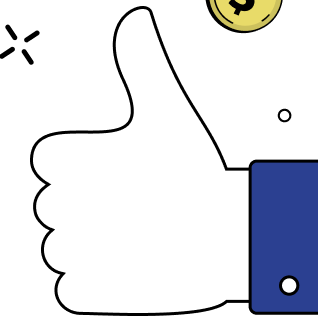
Home refinancing can positively affect your finances, including lowering interest rate payments, shortening loan terms, or tapping into equity. There are several home refinance options available to assist you in meeting these financial needs, including the following:

In a cash-out refinance, your new mortgage exceeds what you currently own on your house, and the extra cash goes straight to you. Using your home as collateral is typically the most economical way to finance a major expense, including a home renovation, as interest rates on cash-out mortgages are likely less expensive than those offered on large personal loans or charging credit cards.
For a cash-out refinance, you’ll typically choose government-backed loans, such as FHA or VA mortgages.
Streamlined refinancing is a simpler process featuring less paperwork and a quicker, less intensive way to replace your mortgage with no home appraisals needed. If closing fees are paid out of pocket, you will not need a hard credit check or income verification.
However, streamlined refinancing is only available for government-backed mortgages, including FHA and VA loans.
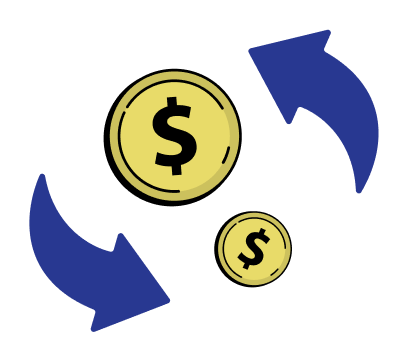
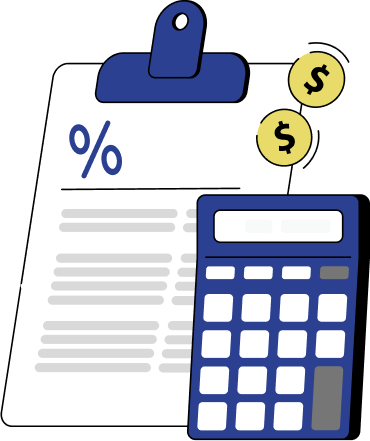
A rate-and-term refinance is any home refinance loan that is
nether neither a cash-our out or streamlined refinance. Generally speaking, this type of refinance includes changing your mortgage rate or loan term, or both. This type of refinance includes income, credit and home appraisal verification.
A benefit to this type of refinance is that you’ll need little to no equity for to qualify, pending the lender’s approval.
Conventional loans generally include the lowest rates, but feature more intensive borrowing requirements, including a minimum credit score of at least 620 and a debt-to-income (DTI) ratio of 45% or lower.
Among the benefits of refinancing to a conventional loan from an FHA loan are being able to let of expensive FHA mortgage insurance and potentially being eligible for an appraisal waiver on a conventional rate-and-term or cash-out refinance, which saves you time and money.
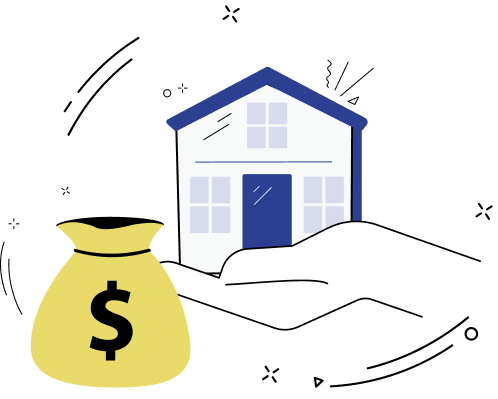
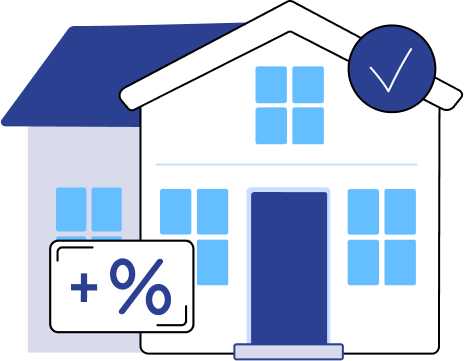
Federal Housing Administration (FHA) requirements are more flexible, allowing for credit scores as low as 500 for some refinance options. As long as you meet FHA qualifications, you can refinance to an FHA loan, including an FHA cash-out refinance. If you already have an FHA mortgage, you may be eligible for an FHA streamline refinance, which allows you to skip income and home appraisal requirements verification.
If you’re eligible for a VA mortgage, you are eligible for a “regular” VA refinance or a VA cash-out refinance. With a VA cash-out refinance, you can borrow more of your home’s value with than with an FHA or conventional cash-out refi.
If you currently have a VA home, you can do a VA streamline refinance, known as a VA interest rate reduction loan (IRRRL), and you won’t have to go through income or home appraisal verification.
Since VA renovation refinance loans are rare, a VA cash-out refinance offers you the opportunity to refinance your VA mortgage and remodel.

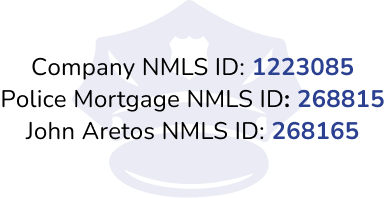
Patrolmen’s Dispatch. © 2022 ALL RIGHTS RESERVED.
We’d love to add you to our mailing list.